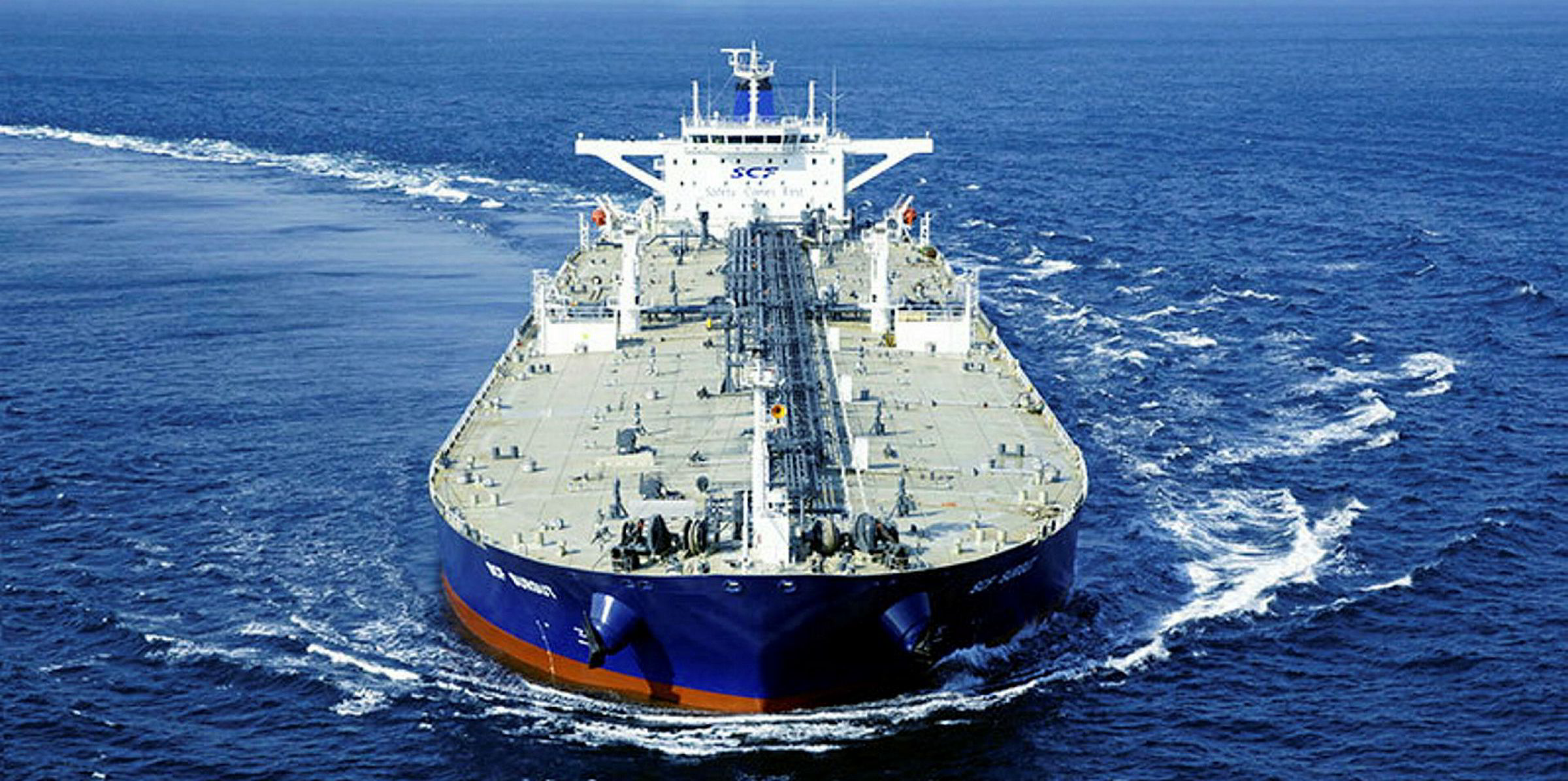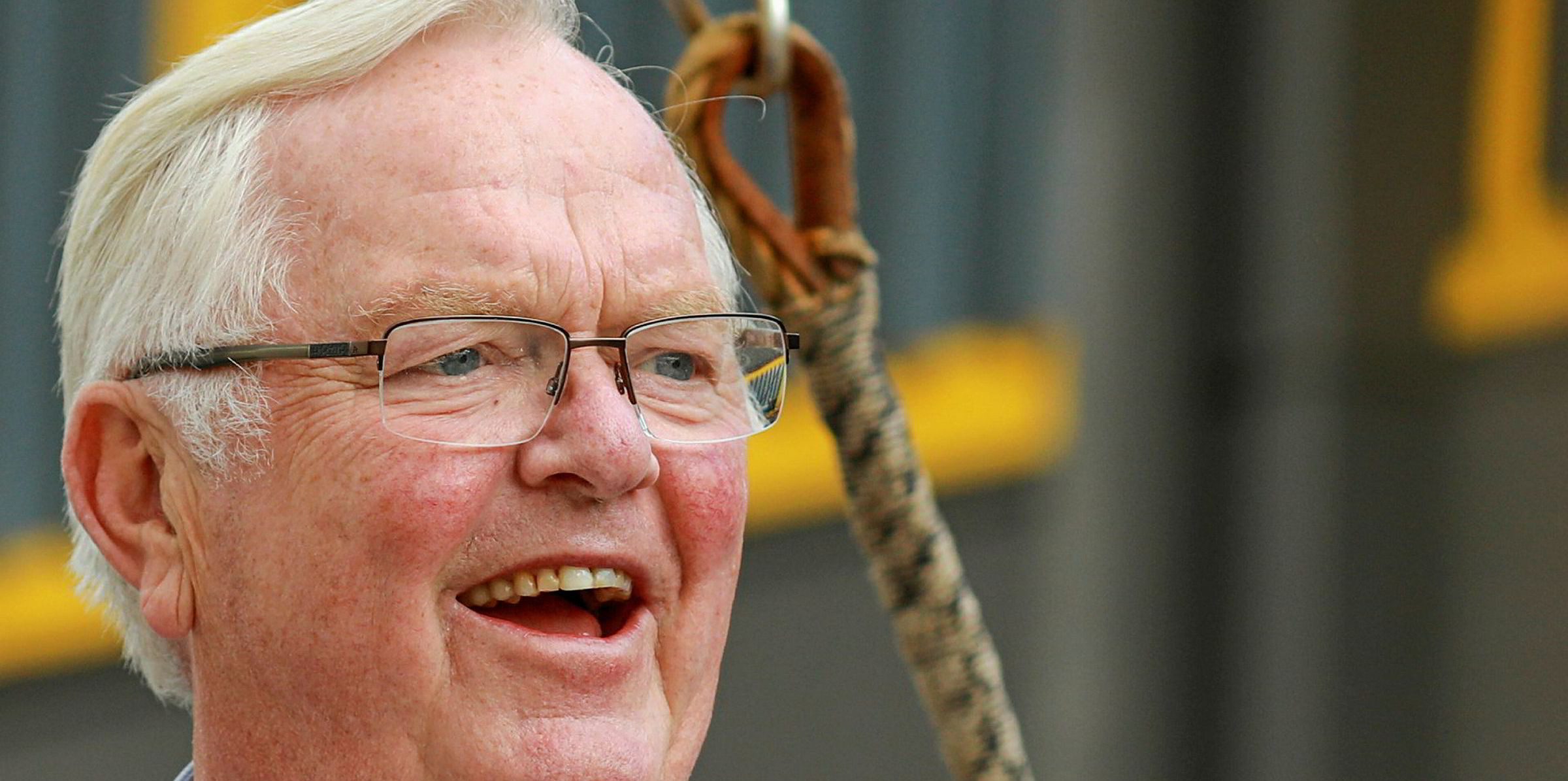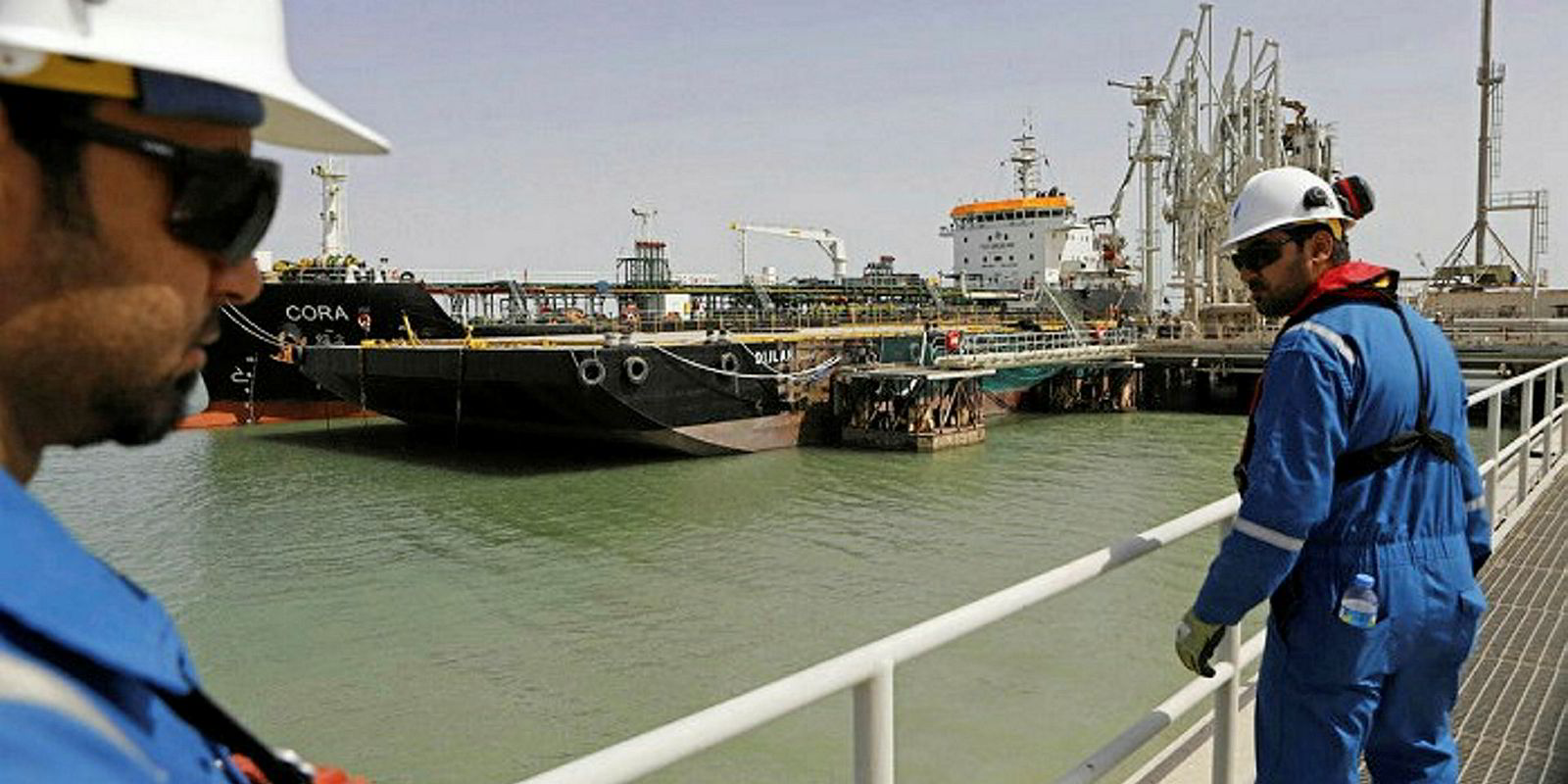Suezmax earnings are being boosted by tighter vessel requirement at Iraq’s Basrah Oil Terminal (BOT), one of the world’s largest crude export hubs, leaving charterers with limited choices in the short term.
Having closed the No 3 Berth for maintenance, the terminal now has less capacity in handling vessels with cranes of safe working loads of 15 tonnes, according to market sources.
This restriction will affect suezmax trading more, as VLCCs generally have 20-tonne cranes or more.
In comparison, approximately only 40% of the global suezmax fleet have 20-tonne cranes or more, while the rest have 15-tonne cranes, data from Banchero Costa shows.
Time charter equivalent earnings of suezmax tankers for the Basrah-Lavera route were assessed by Howe Robinson at just $662 per day on Wednesday, up $10,350 from yesterday's loss-making level on news of vessel the restriction.
“Naturally rates for Basrah east and west business have jumped significantly but it should have consequences on the wider suezmax market,” Howe Robinson said in a note.
“The 20-tonne crane ships, which are typically more modern, should be attracted by the new premium for loading Basrah business while 15-tonne crane tonnage should focus on the ballast from the east to Suez or West Africa.”
“The disruption plays into the hands of shipowners across the suezmax market.”
On the Baltic Exchange, the average TCE earnings for suezmaxes—which take into account the Black Sea-Mediterranean and West Africa-UK/Continental Europe trades—closed at $22,467 per day on Wednesday, the highest since March 2017.
However, the boost is likely to be temporary, lasting for as long as the berth is under maintenance.
“Agents estimate the work will take about 45 days,” said one of the sources. “[But] the official announcement said November only.”
While suezmaxes are directed to load from the BOT’s single mooring point facility, which only accept vessels with 20-tonne cranes or more, next month, the restriction is expected to be lifted by early December, the source added.
An email seeking comments from State Organization for Marketing of Oil, Iraq’s state-run oil firm, hasn’t been responded at the time of writing.





